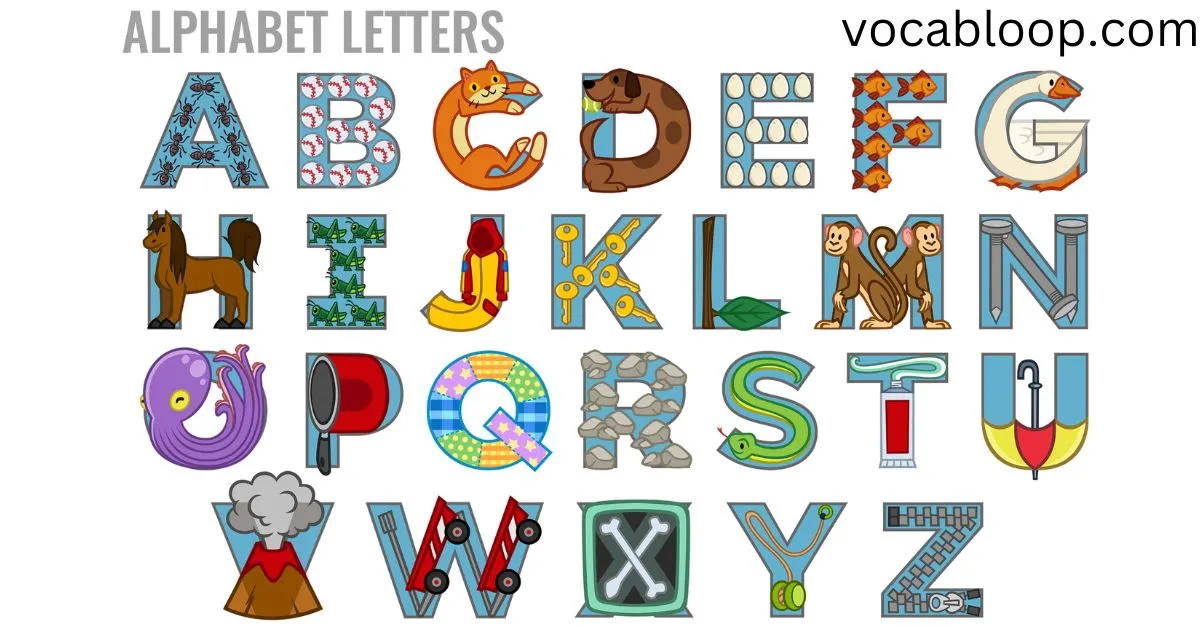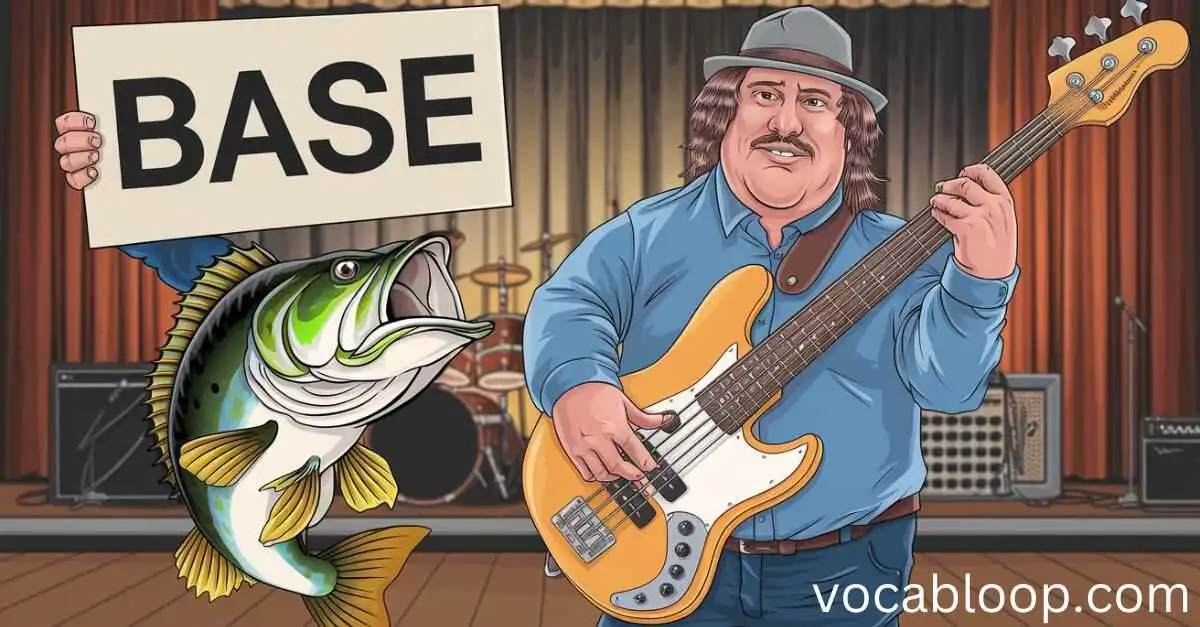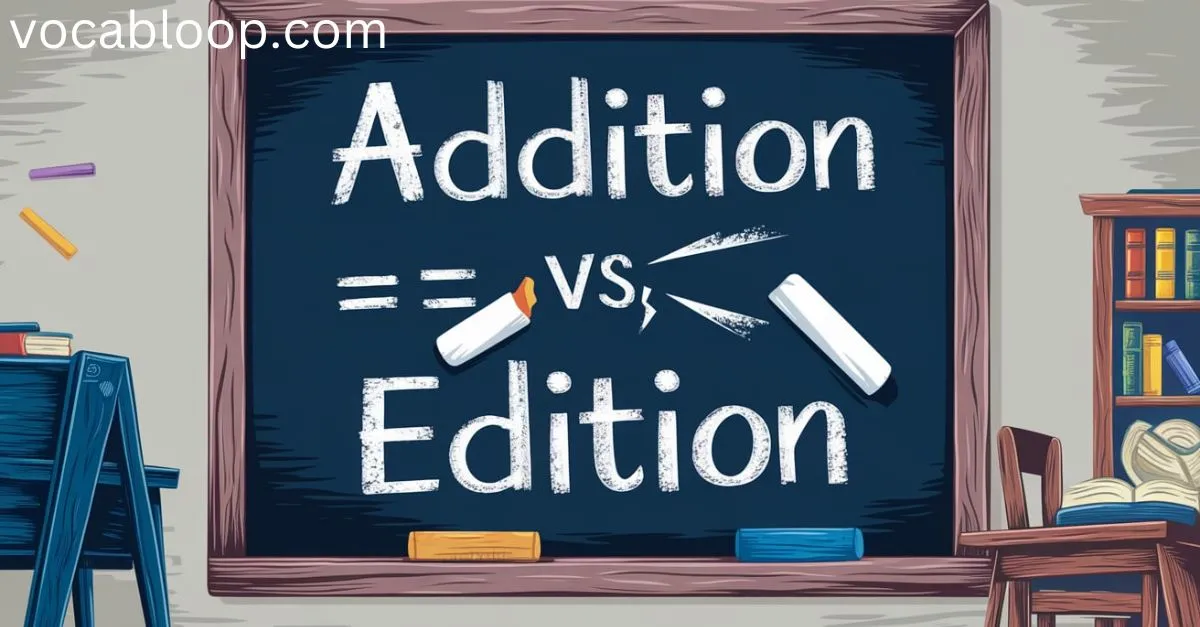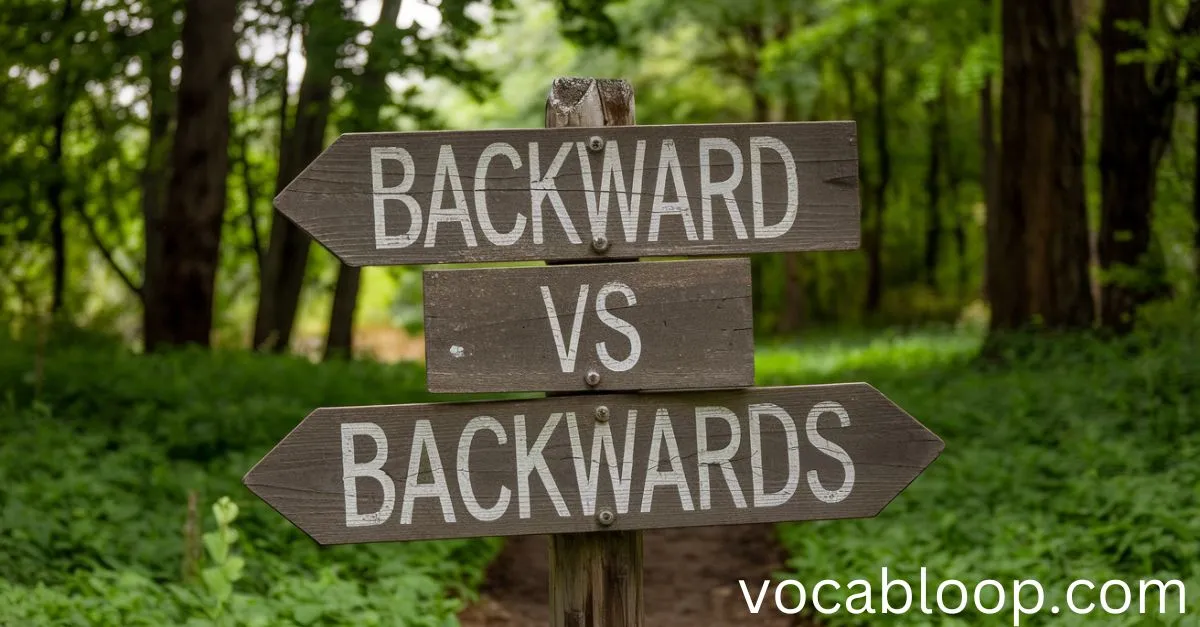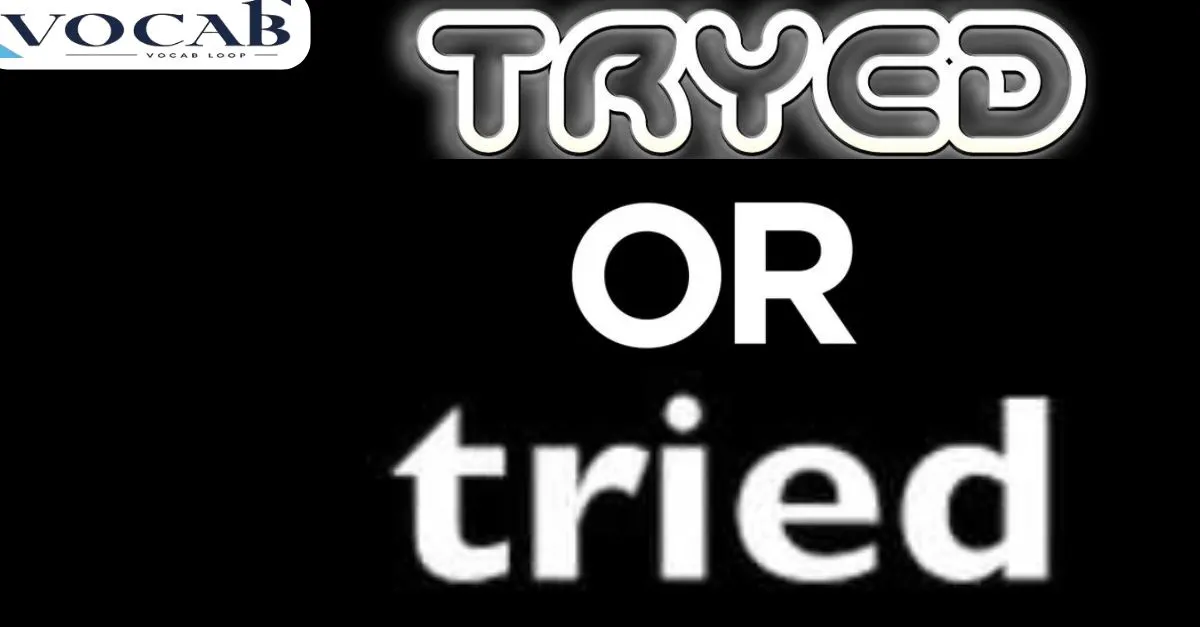Serigraph vs Lithograph: Which Spelling Is Correct?
Understanding the terms serigraph vs lithograph can be tricky, especially if you’re an art lover or a collector. Both refer to specific printing methods used to create fine art collectibles, but they differ in process, style, and value. Many people also wonder if their spellings are correct, leading to confusion in both casual and professional … Read more


